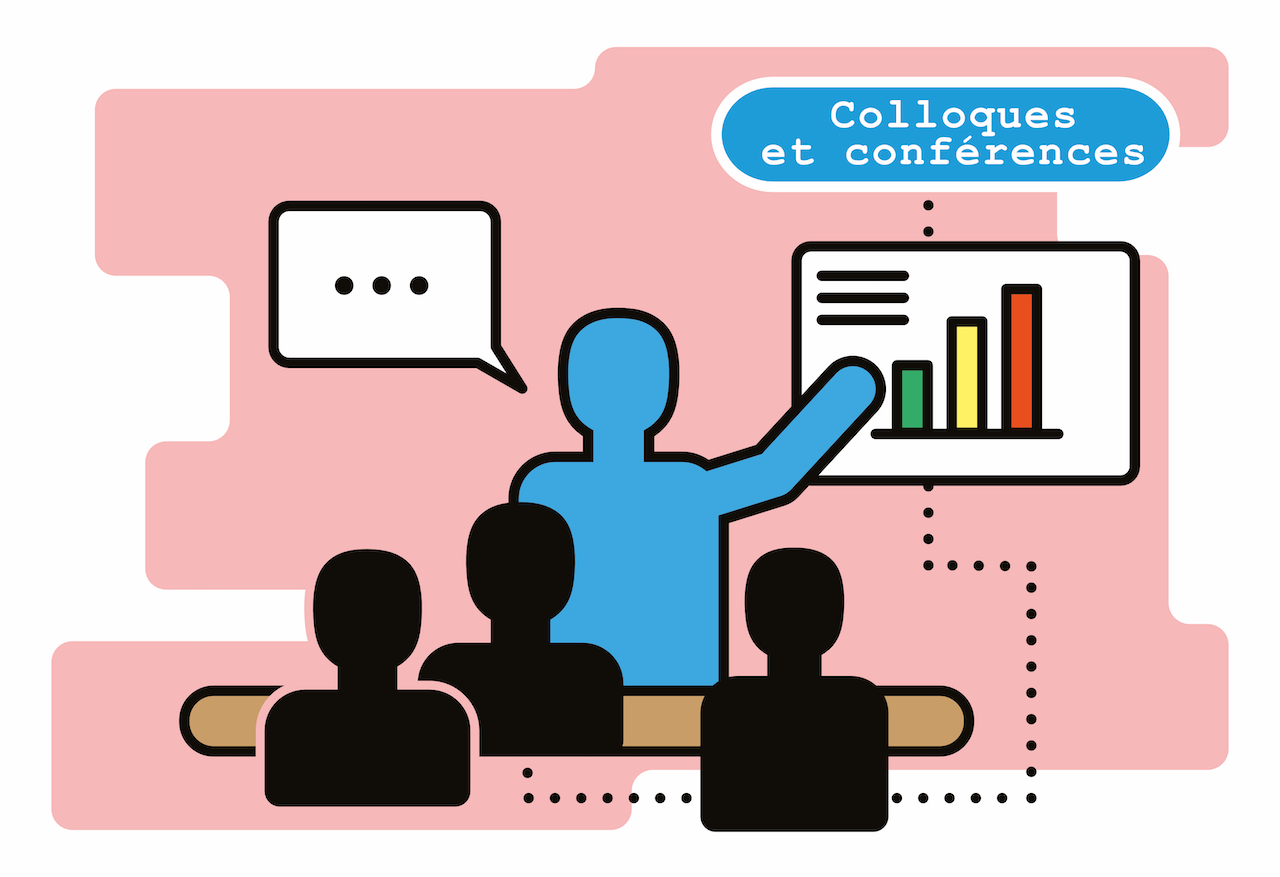The BVH in Tours: digital library of image, text and data Les BVH de Tours : une bibliothèque numérique d'images, de textes et de données
Fiche du document
26 septembre 2016
- ISIDORE Id: 10670/1.428493...
- hal: hal-01459324
HALSHS : archive ouverte en Sciences de l’Homme et de la Société - notices sans texte intégral
http://creativecommons.org/licenses/by-nc-sa/ , info:eu-repo/semantics/OpenAccess
Mots-clés
digital library Digital Humanities Humanités numériques Facsimiles XML-TEI text encoding Encodage de texte Edition numérique Bibliothèques françaises bibliothèques virtuelles Fac-similés Epistemon Biblissima Indexation TEI La Croix du Maine Du Verdier RenaissanceSujets proches
Revival of letters Renaissance--Europe Renaissance--HistoryCiter ce document
Toshinori Uetani et al., « Les BVH de Tours : une bibliothèque numérique d'images, de textes et de données », HALSHS : archive ouverte en Sciences de l’Homme et de la Société - notices sans texte intégral, ID : 10670/1.428493...
Métriques
Partage / Export
Résumé
The Bibliothèques Virtuelles Humanistes (BVH, or Virtual Humanistic Libraries) is a project run since 2002 by a research team founded by Marie-Luce Demonet in the Centre d’Études Supérieures de la Renaissance (CESR, or Center for Advanced Renaissance Studies) at the University of Tours, France.Its goal is to develop a digital library (http://www.bvh.univ-tours.fr/) delivering two types of reliable digital representations, facsimile and text, closely linked together. Since 2007, the BVH website has included the Epistemon corpus of digital editions of Renaissance texts in French: Texts are directly transcribed from the original printed or handwritten document, and the critical apparatus is encoded with the XML-TEI standard, adapted to French Renaissance spelling. They constitute open philological editions, freely downloadable and re-usable. Digitization and editing of electronic texts follow usually two distinct workflows. Our main concern is to merge these two workflows, using a single XML schema and to ensure a close correspondence between these two datasets (image-text) incorporating rich metadata.To keep on the long-term project of Renaissance text corpora in the current tendency of pauperisation of public research in France, we diversify projects to get necessary funding: Rabelais website (http://renom.univ-tours.fr) and the « Montaigne at work » project (http://montaigne.univ-tours.fr) provide accurate digital editions and propose particular modes of reading and navigation of French literature masterpieces.The last “Bibliotheques Françoises” project combines a digital edition and a database. The texts of the first bio-bibliographical dictionaries of French authors, Bibliotheque of La Croix du Maine (Paris, 1584) and that of Du Verdier (Lyon, 1585), are encoded in XML-TEI and the bio-bibliographical recordings extracted from the structured text constitute a specific database. These metadata aligned with references of online databases like ISTC, USTC or VIAF form a dynamic web-space of interoperability.
